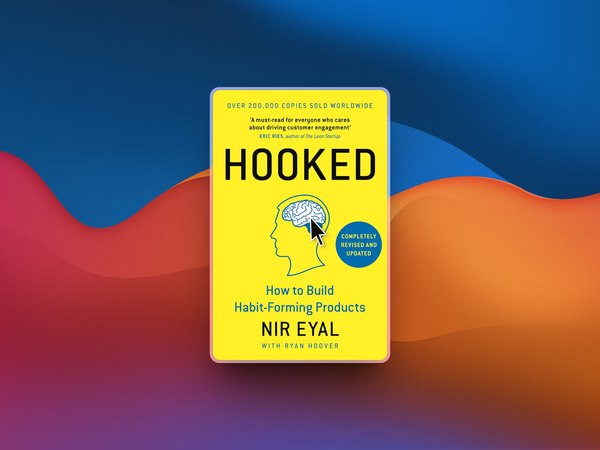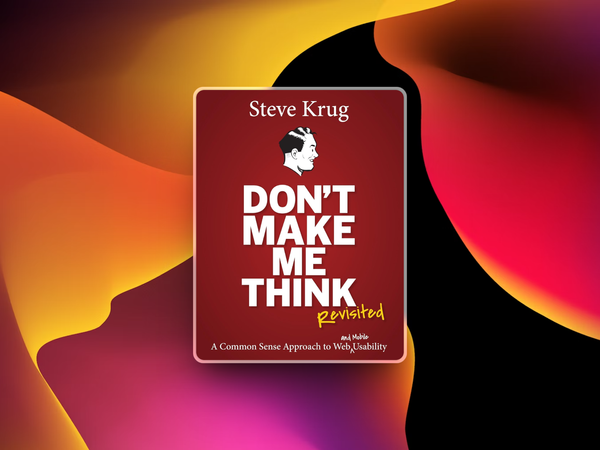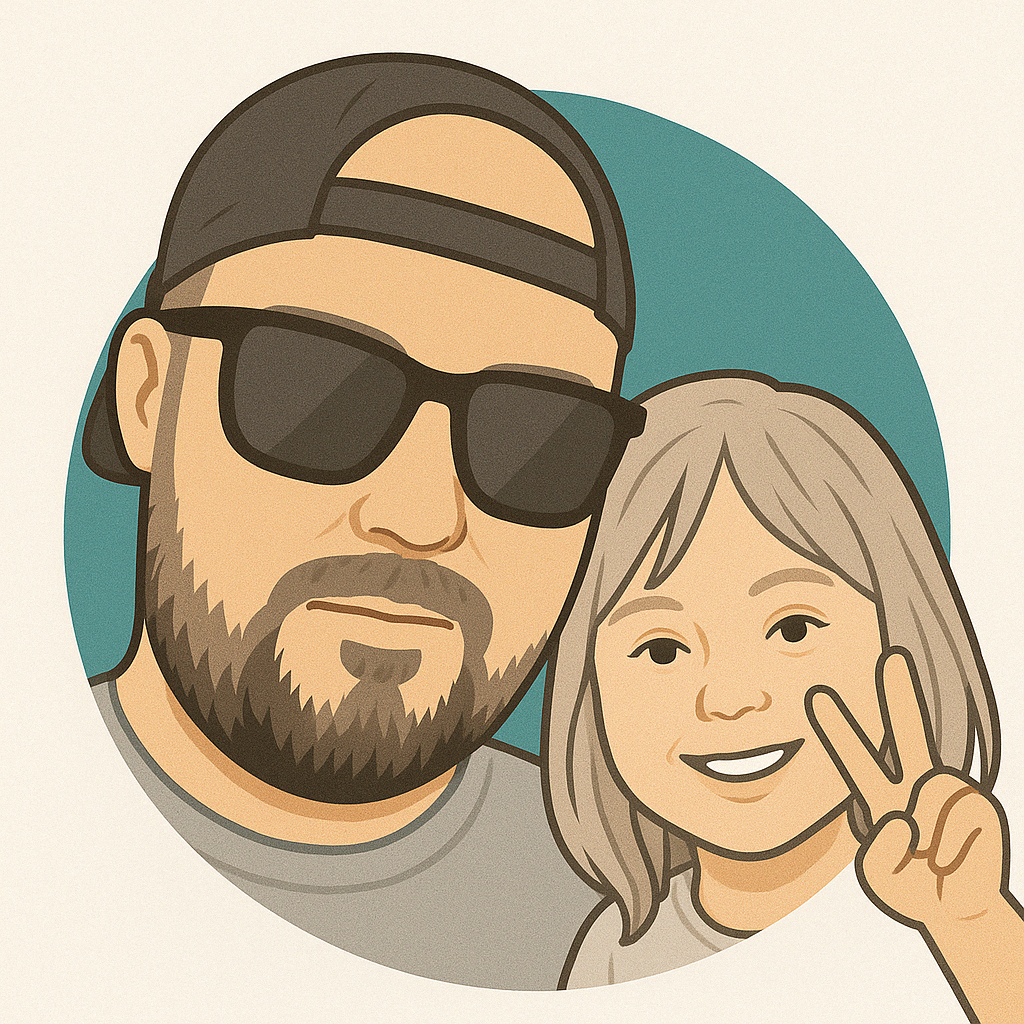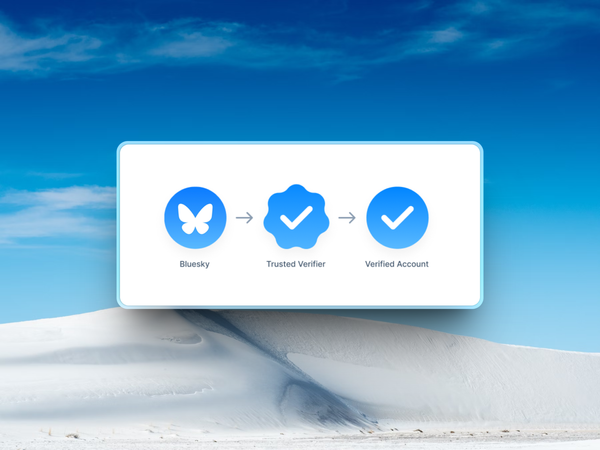Have you ever been cursed out of a meeting before? Well, spoiler alert, I haven't - but at times it's felt damn close. In my junior years, I'd throw caution to the wind, striding into meetings like Billy 'Big' Balls thinking that my qualitative research was enough, but let me tell you, it wasn't.
I've worked with companies in the past that were outright hostile towards UX designers, and waltzing in carefree with little to no hard data to support claims was a one-way ticket to perspiration. Worse still, it undermined the discipline entirely.
"When you're talking about data, turn it into a story instead of just giving a boring list of problems."
I used to work at a big e-commerce company, and one such meeting changed the way I looked at (and presented) data. I was by no means a data expert, but I understood the importance of presenting data with confidence. Data was usually ringfenced off, beholden to some folks sitting in the darkest corners of the office.
As it turns out, they were data analysts, and they were honestly lovely - they'd complained so many times about the lack of lighting in that space, but I digress.
The meeting: I had to share some findings with our bosses. It was a fortnightly thing, with folks from all over the company, and I was still relatively new to the job, so I was a bit nervous. It didn't go very well, quite frankly. Not to the point that I'd been cursed out of the meeting room, but it felt a bit like it.
A great shame washed over me like I'd woken up the next morning after saying something deeply troubling about Sandra from accounts. Afterwards, a great product manager gave me some crackin' advice, "When you're talking about data, turn it into a story instead of just giving a boring list of problems."
At this point, I felt I had nothing to lose as such. So, I decided to give it a shot.
People Remember Stories

Another two weeks roll by, and it's time for another shot. For context, the company sold a wide range of products online, and I was specifically tasked with figuring out how people engage with product pages. Fairly typical stuff in the world of e-commerce. Some would even suggest it was all a bit boring, but I loved working in e-commerce.
I did my best to look professional. Approachable even.
I'd gathered all sorts of data, such as most and least popular products, how long they stayed with each product, and where they clicked. Where they rage clicked, where they bounced, where they spilt coffee on their laptop. We had a lot of data. I mingled with others ahead of the big meeting, got their input, and worked like an absolute workhorse.
Just like peanut butter and jelly, cats and laser pointers or even spaghetti and my favourite white shirt.
I likened the whole experience to having a bunch of pieces of a puzzle. I didn't know how it would all come together, but eventually, I knew it would - even if I had to hammer bits together that don't really go together. Because that's what being a UX designer sometimes feels like.
The tricky part was turning the data into a story that stakeholders would care about. And that's what data-driven storytelling is all about. The puzzle pieces gradually fell into place. Qualitative and quantitative data converged seamlessly, creating a harmonious partnership.
Just like peanut butter and jelly, cats and laser pointers or even spaghetti and my favourite white shirt. My meetings from that point on went smoothly because I always presented my findings as stories. I was establishing quickly that stakeholders won't remember a list of facts and figures, but they'll remember a compelling narrative that resonates with them.
So, armed with this data story, I went to talk to the bosses. I was still a bit nervous, of course, but this story I had was like magic. It wasn't just numbers; it was a tale about what our customers were interested in. The bosses weren't bored by data; they were interested in the story. It was like all the pieces of the puzzle fell into place, and they really got it.
Dots on graphs that were once imperceptible representations of data became John from Newcastle, who loved to run. Another was Susan, a keen cyclist who found certain aspects of building a multi-chain set frustrating. Then there was Michael, a graphic designer, who was on a quest for gains after his girlfriend left him for a man twice his size.

In simple terms, my time as a UX designer taught me that data-driven storytelling is about making data relatable. If I can use data in a way that doesn't frighten me, then my job is to present the same data back in a way that encourages discussion.
It's about turning numbers into a story that makes sense to everyone. It's a skill that turned my nerves into confidence, my data into a story, and my presentations into powerful tools for making our website better for our users.
I hope to go into more detail on this subject in the future, specifically, digging down into the data I found, and how I presented it, but for now, I'd like to leave you with a quote from Lisa Cron, "We don't turn to story to escape reality. We turn to story to navigate reality."












